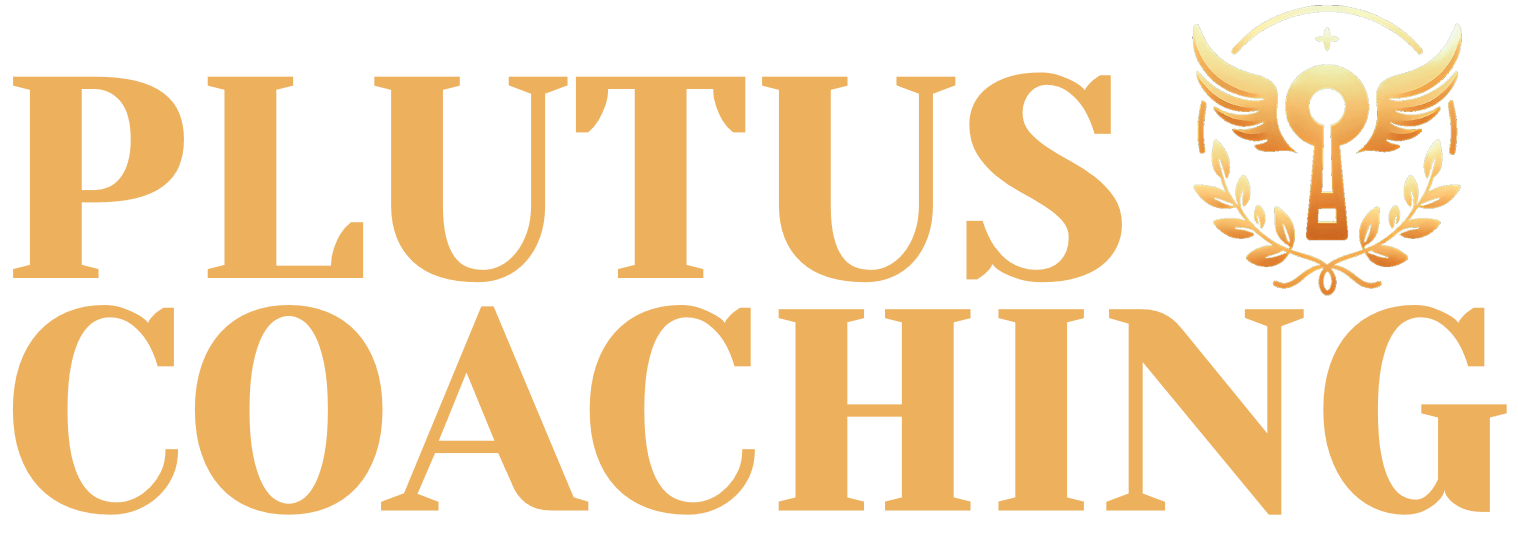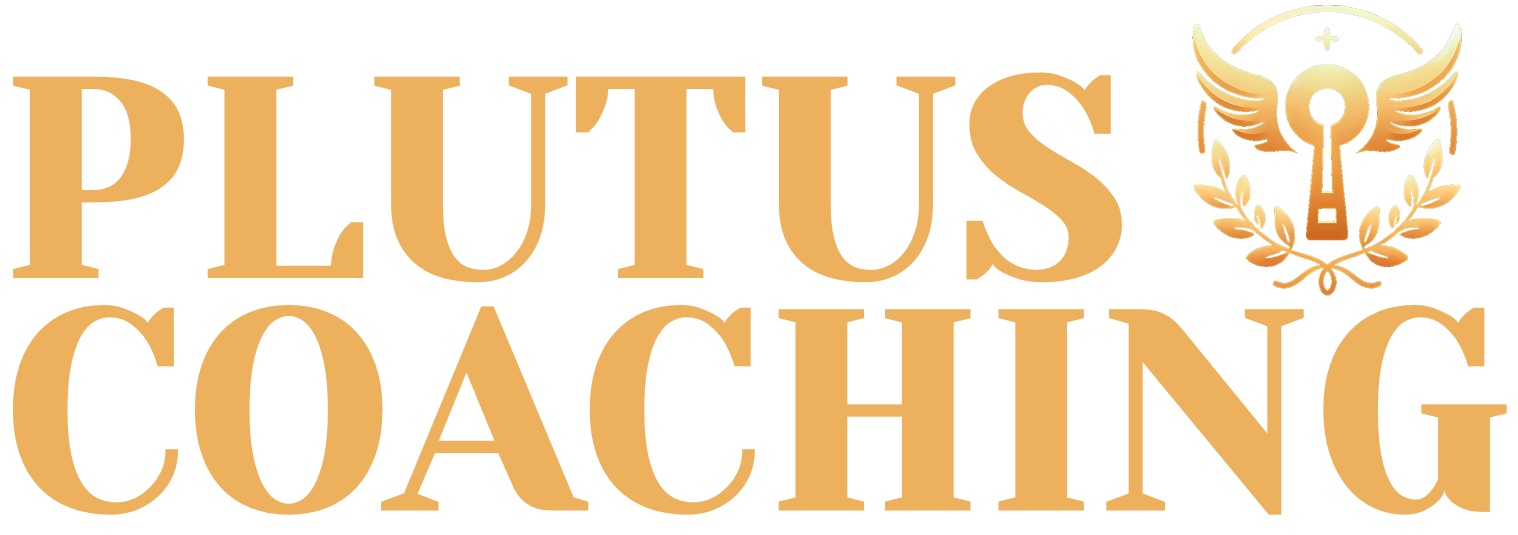Life balance is all about finding the right mix across different parts of our lives—like work, relationships, health, and personal growth—so that no single area feels neglected or overwhelming. When things are in balance, we’re often happier, less stressed, and able to handle challenges better. But when one area starts to demand more attention, we can quickly feel off-kilter, impacting everything from our mental health to our relationships.
This is where tools like the Wheel of Life come in. The Wheel of Life is a simple way to look at each area of your life, helping you spot signs of imbalance and understand where you may need to focus more energy. By using this tool, you can get a clear picture of where things stand and take steps to bring more balance and well-being back into your life.
Why Life Balance is Essential for Personal Well-being
Having a balanced life is key to feeling mentally and physically well. When we manage to spread our energy across different areas—like work, relationships, health, and relaxation—we’re less likely to feel overwhelmed or burned out. This balance helps us stay mentally strong, build healthier relationships, and even boosts productivity since we’re less stressed and more focused.
On the other hand, when life gets out of balance, it often leads to some common struggles. Many people feel mentally drained when work takes over, or they feel disconnected from friends and family when they’re not making time for those connections. Some may feel physically run-down if they’re always working and not making time for health or self-care. By working towards a balanced life, we’re really giving ourselves the chance to thrive in each part of life, which adds up to better mental health, stronger relationships, and an overall sense of well-being.
10 Signs Your Life May Be Out of Balance
Constant Stress and Overwhelm
When one or more areas of life take up too much space, like work or financial concerns, it often leads to chronic stress. If you’re constantly feeling overwhelmed, it could be a sign that some parts of your life need more attention or adjustment.Lack of Energy or Frequent Fatigue
Neglecting health, sleep, or self-care can leave you drained and low on energy. If you’re frequently tired, it might be a sign that you need to prioritize activities that recharge you, like exercise, proper sleep, or relaxation.Feeling Stuck or Unfulfilled in Your Career
When your career isn’t bringing satisfaction or growth, it’s easy to feel stuck and unfulfilled. This can spill over into other areas, affecting overall happiness and motivation.Strained Relationships
Relationships need time and communication to thrive. If you’re stretched too thin or emotionally unavailable, it can create distance and tension with those you care about, whether it’s family, friends, or a partner.Financial Instability or Constant Worry about Money
Financial stress is a common sign of imbalance, especially if income and spending are out of sync. Worrying about money can affect your peace of mind and prevent you from enjoying other aspects of life.Neglecting Self-Care and Personal Growth
Skipping out on self-care, hobbies, or personal development can leave you feeling unimportant or even resentful. Investing in yourself is crucial for feeling balanced and fulfilled.Minimal Time for Fun or Recreation
Life shouldn’t be all work and no play. If fun and relaxation are rarely on your schedule, it’s a sign that other areas might be taking over. Recreation is essential for stress relief and mental well-being.Discomfort in Your Physical Environment
A cluttered or chaotic home or workspace can add to stress and discomfort, making it hard to feel at ease. A balanced life usually includes a comfortable and organized physical environment.Disconnection from Spirituality or Inner Values
If you feel distant from what’s meaningful to you, whether it’s spirituality, faith, or personal values, this disconnect can lead to feelings of emptiness or confusion.Feeling Lost or Directionless
When life feels off-balance, it’s easy to feel lost or unsure of your next steps. This lack of direction can be a signal that it’s time to reassess priorities and create a clearer path forward.
Each of these signs can be a helpful indicator that certain areas of life need a bit more attention, which is where tools like the Wheel of Life can help you find and reclaim balance.
How to Identify Which Areas Need Attention Using the Wheel of Life
The Wheel of Life assessment is a simple yet powerful tool that helps you see how balanced your life really is. It’s essentially a visual chart, divided into sections that represent key areas of life, like health, relationships, career, and personal growth. Each section is rated from 1 to 10, with 1 meaning very dissatisfied and 10 meaning highly satisfied. By rating each area, you create a snapshot of where you’re thriving and where things might be off balance.
Once you have your ratings, it’s easy to spot areas that might need more attention. If your ratings are low in areas like relationships or health, it’s a sign that focusing more energy there could improve your overall well-being. The Wheel of Life helps you visually see your life’s balance (or imbalance), giving you a clear starting point to take action where it’s needed most.
Reclaiming Balance: Practical Tips to Restore Each Area of Life
If you’re noticing signs of imbalance, there are practical ways to bring more stability and satisfaction into your life. Here are a few tips for addressing each area where you might be feeling stretched:
Set Clear Goals: Start by setting simple, achievable goals for areas that need attention. If career satisfaction is low, create a plan to explore new opportunities, take a course, or develop new skills.
Practice Self-Care Regularly: Taking care of yourself isn’t a luxury; it’s essential. Whether it’s physical exercise, meditation, or just setting aside time to unwind, self-care routines can help keep stress in check and recharge your energy.
Reconnect with Loved Ones: If relationships are feeling strained, make a conscious effort to spend more quality time with family and friends. Simple acts, like regular check-ins or sharing a meal, can go a long way in strengthening connections.
Financial Planning: For money worries, try creating a simple budget or financial plan. Setting realistic financial goals, tracking spending, or even consulting a financial advisor can make a big difference.
Prioritize Fun and Recreation: Don’t forget to schedule downtime for activities you genuinely enjoy. Recreation isn’t just for weekends; a few minutes here and there can help you relax and feel more balanced.
Declutter Your Environment: If your physical space feels cluttered, start small by organizing one room or even one corner at a time. A comfortable environment can improve both your mental clarity and mood.
Connect with Your Values: Feeling out of sync with your values? Spend a few minutes each day on something meaningful, whether it’s reading, journaling, or spiritual practices that align with your beliefs.
If you’re ready to take a closer look, use our Wheel of Life tool to identify specific areas where you might be off-balance and need attention. Taking small, intentional steps can help you move toward a more balanced, fulfilling life.
Achieving life balance doesn’t have to be overwhelming. Using tools like the Wheel of Life can be a simple, eye-opening first step toward a more balanced and fulfilling life. By taking a few minutes to see where you stand, you’ll gain clarity on which areas need attention and start making choices that feel right for you.
If you’re ready to go further and create lasting change, consider exploring our coaching options. Working with a coach can give you the support and guidance to keep up the momentum and stay on track. It’s never too late to start making small shifts for a big difference in your life.





